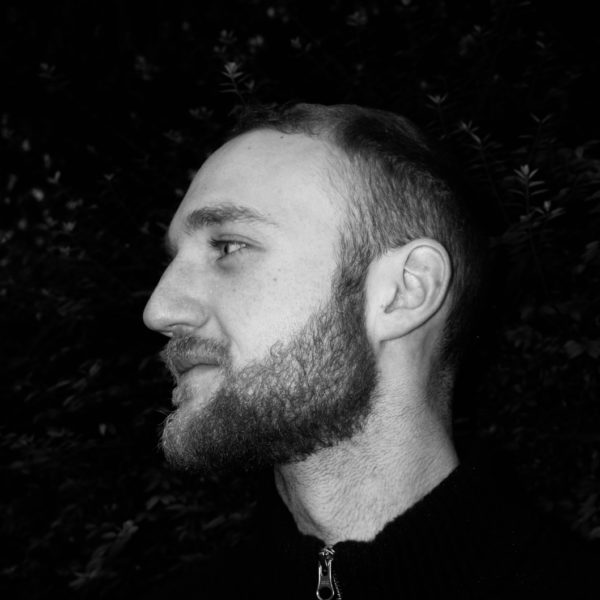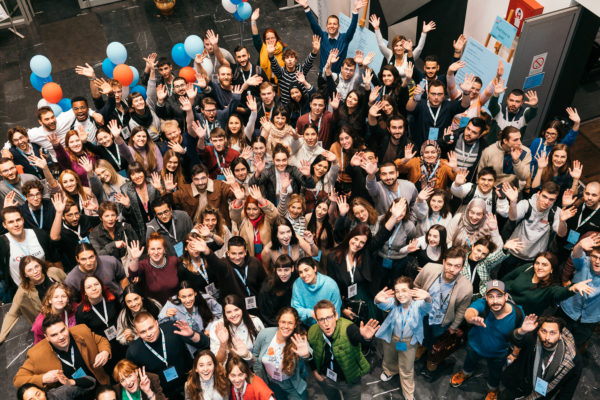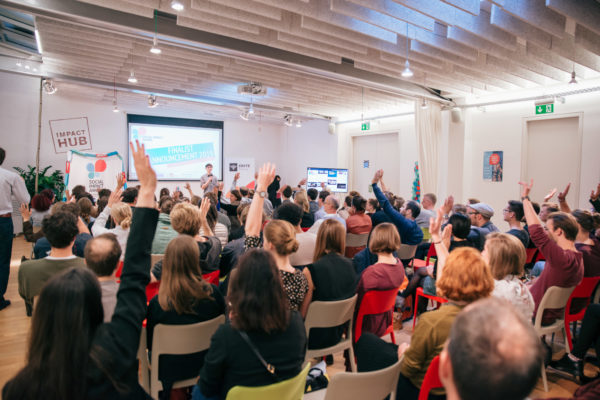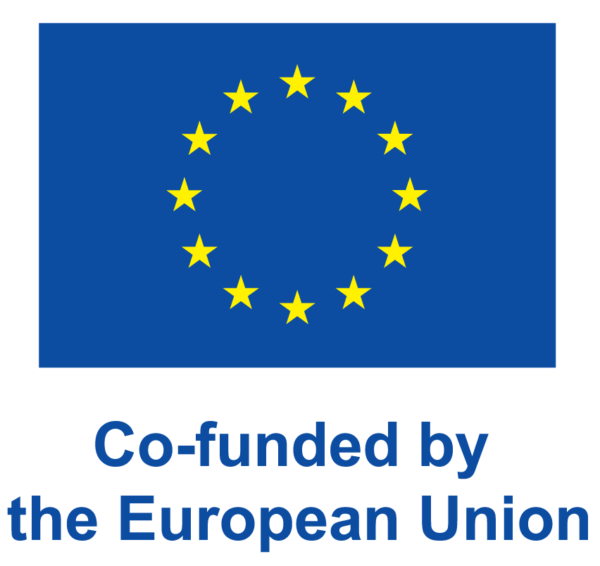
From Heropreneurship to Social Entrepreneur – Being Well for Doing Good
There is a myth surrounding the field of social entrepreneurship that has embedded itself so deeply that most of us have stopped questioning its existence. While this myth has donned […]
There is a myth surrounding the field of social entrepreneurship that has embedded itself so deeply that most of us have stopped questioning its existence. While this myth has donned many names, it is most notably referred to as “Heropreneurship”.
The myth of “Heropreneurship” puts forth the idea that entrepreneurs are heroes who are capable of leading massive teams, make lots of money doing it, and still have time to attend your favorite podcast for an interview, all on their own. For social entrepreneurs, this myth goes one step further in that they should also be capable of solving some of the world’s most pressing issues.
Nascent social entrepreneurs therefore start their journey with an unhealthy perception of what they should be capable of achieving in the coming years. But how does this truly impact them?
To explore the topic of “Heropreneurship” further and gain real insights directly from SIA alumni, we hosted a breakfast at the Vienna University of Business and Economics (WU) together with Hil-Foundation as part of our partnership on the broader topic of well-being in social entrepreneurship.
The event aimed at addressing the topic from two focal points: data, and experience. Dr. Peter Vandor of the Social Entrepreneurship Center at WU and founder of SIA illustrated the former with his scientific findings on the topic, while Hannah Lux, CEO and co-founder of social-venture Vollpension and SIA alumna, illustrated the latter with her personal experiences during the COVID-19 crisis.
The alarm is ringing
Results from Peter Vandor’s academic study with SIA alumni showed that 43% of SIA alumni have experienced one or more of the symptoms of burnout such as exhaustion, irritability, sleep and anxiety disorders. 5% even suffered from a burnout to the extent that they could not work anymore at all.
Although the specific causes of this vary based on factors such as business model and team structure, most of the stress and burnout can be traced back to the intense workload, the high pressure, and the entrepreneur’s attachment to his or her social mission.
It’s the constant pressure that you have to deliver, and people are waiting for your products that could saves lives and you are not doing anything about it. It’s a constant thing on your mind, the fear that someone could die tomorrow because you took a break. (RO, 2014)
These pressures tend to be very strong, and make it difficult for entrepreneurs to disconnect from their work, often leading to the deterioration of their inner well-being. This often renders them unable to effectively work on their project and solve the problems they work so hard to solve.
Having the courage to take a step back
The co-founder of Vollpension, Hannah Lux, was faced with this difficult dynamic during the COVID-19 crisis. Vollpension is a chain of cafes employing mostly senior citizens, with the aim of fighting old-age poverty and creating intergenerational dialogue. The crisis forced the cafes to close and put her team, especially the seniors, in a difficult situation. Unfortunately, she struggled heavily with the stress and the fatigue from years of work and was forced to take a step back to focus on her health.
In such a stressful time like last year, the hardest part was to admit to myself that I needed to take a step back. That it really needs a full team to manage all the challenges a crisis like this is bringing along” – Hannah Lux
She hopes for more honesty across the industry on this topic and aims to build trust with her partners in one-on-one conversations. She sees a particular need to change the perception of social entrepreneurs, to stop painting them as heroes, as this only increases the need for them to seem invincible.
The bottom line on “Heropreneurship”
Considering how many social entrepreneurs face the struggle between their own well-being and their social mission, it is clearly important to find ways to support them. The data and the personal stories of social entrepreneurs from around the world tells us and other support initiatives for young social entrepreneurs to act.
Offering professional counseling and preparing the founders for typical stressors at an early stage of their journey are proactive ways of supporting a healthier approach towards social entrepreneurship and away from “Heropreneurship”. Additionally, nascent social entrepreneurs need more information around the importance of self-care and a strong peer network with whom they can share their experiences and celebrate their successes.
If you would like to learn more about the experiences of social entrepreneurs with well-being, you can check out the first editions of our “Being Well for Doing Good” series on our Blog.
















































